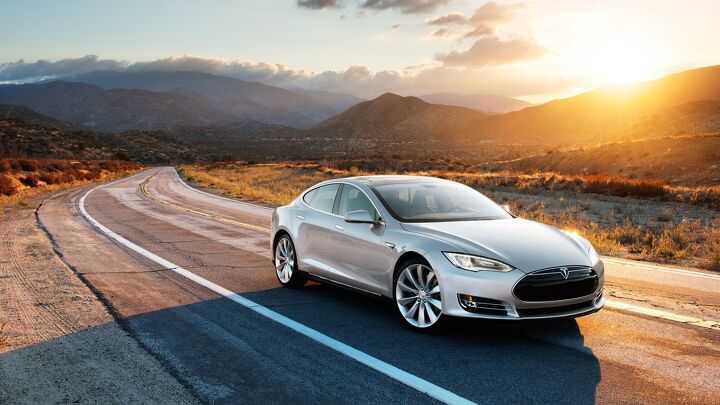Debunking EV Range Anxiety: Do EVs Meet Daily Driving Needs?
One of the prevalent myths surrounding electric vehicles (EVs) is that they lack the necessary range to meet daily travel needs. However, evidence suggests that the range of electric vehicles aligns well with the daily mileage requirements of most U.S. households. On average, a household in the United States travels approximately 50 miles per day. Interestingly, about 85 percent of households travel less than 100 miles on a typical day, a distance well within the capabilities of current EV models. The majority of these vehicles can travel over 200 miles on a fully charged battery, ensuring that nearly all new models can cover more than 100 miles without needing a recharge. Additionally, automakers are continually working to introduce new models with even longer ranges, promising further improvements to meet consumer needs.
Tools for Range Estimation
For those considering an electric vehicle, the "Find A Car" feature on the website www.fueleconomy.gov provides valuable insights. By selecting a vehicle of interest, users can view the "EPA Fuel Economy" information, which includes range estimates specific to each EV model. This tool can be particularly useful for individuals looking to understand the performance of various EVs in terms of distance coverage.
Impact of Driving Conditions on Range
It's important to note that an electric vehicle's range can be influenced by how it is driven and the conditions under which it operates. Factors such as weather conditions, including both hot and cold temperatures, can affect the vehicle's efficiency. Research indicates that in cold temperatures, particularly when heating is used, an EV's range could decrease by an average of 40 percent. This underscores the importance of considering environmental factors and driving habits when evaluating an EV's range capabilities.
This article was co-written using AI and was then heavily edited and optimized by our editorial team.
More by TTAC Staff
Latest Car Reviews
Read moreLatest Product Reviews
Read moreRecent Comments
- MaintenanceCosts If I were shopping in this segment it would be for one of two reasons, each of which would drive a specific answer.Door 1: I all of a sudden have both a megacommute and a big salary cut and need to absolutely minimize TCO. Answer: base Corolla Hybrid. (Although in this scenario the cheapest thing would probably be to keep our already-paid-for Bolt and somehow live with one car.)Door 2: I need to use my toy car to commute, because we move somewhere where I can't do it on the bike, and don't want to rely on an old BMW every morning or pay the ensuing maintenance costs™. Answer: Civic Si. (Although if this scenario really happened to me it would probably be an up-trimmed Civic Si, aka a base manual Acura Integra.)
- El scotto Mobile homes are built using a great deal of industrial grade glues. As a former trailer-lord I know they can out gas for years. Mobile homes and leased Kias/Sentras may be responsible for some of the responses in here.
- El scotto Bah to all the worrywarts. A perfect used car for a young lady living near the ocean. "Atlantic Avenue" and "twisty's" are rarely used in the same sentence. Better than the Jeep she really wants.
- 3-On-The-Tree I’ll take a naturally aspirated car because turbos are potential maintenance headaches. Expensive to fix and extra wear, heat, pressure on the engine. Currently have a 2010 Corolla and it is easy to work on, just changed the alternator an it didn’t require any special tools an lots of room.
- El scotto Corolla for its third-world reliability.


































Comments
Join the conversation